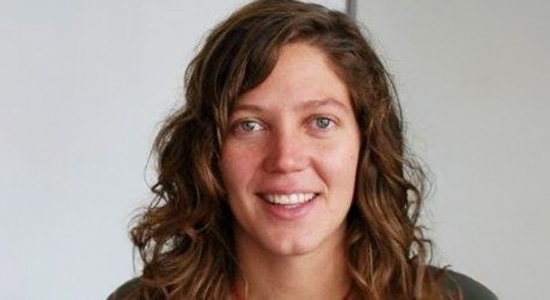Go to the newsletter page and sign up to receive course dates, call for applications and other related programme news.
Bioinformatics
This course is a part of

During this course, you will gain knowledge of the most essential databases and methods for molecular sequence and structure analysis.
These years, computer based methods play a crucial role in molecular biology, microbiology, and personalised medicine. Huge international databases of sequence and structure contain information, which in many cases can entirely replace experimental work, and in other cases can be used to optimize the benefit of experimental resources.
Introduction to Bioinformatics is a practically oriented course with focus on using the methods rather than deriving them mathematically. Bioinformatics is presented as a biological discipline rooted in evolutionary theory. A large part of the course consists of computer-based exercises, where the computational tools are applied based on the participants’ biological prior knowledge.
Teaching form
Combined on campus and online sessions, presentations from students, interdisciplinary group project work and report writing based on a case.
For more details about the course, please refer to the course curriculum.
View all courses on:
The course introduces a variety of programs and databases used in bioinformatics, as well as the underlying mechanisms that drive them.
Course director on »Bioinformatics«

Carolina Barra Quaglia
Associate Professor
Course details for »Bioinformatics«
Dates and examination
Place
Technical University of Denmark, Copenhagen
Course dates
20–22 April 2026 – on campus
23 April 2026 – online
27–28 April 2026 – online
The course is available every other spring.
Maximum 30 participants.
Examination
Please find the exam dates in the exam plan.
Learning outcomes
On completion of the course, you will be able to:
-
explain how the information in biological macromolecules, such as DNA and protein can be represented in a digital format
-
explain how processing of NGS data is done with bioinformatics tools
-
search for sequence data from the publicly available databases, such as GenBank and UniProt, and relevant disease omics data such as the cancer genome atlas (TCGA)
-
use programs to perform basic clustering of patient samples, based on critical feature selection
-
search the clinvar and COSMIC databases of disease related mutations
-
rationally apply bioinformatics tool to answer biological questions relevant to applied personalised medicine
-
explain how patient stratification is done based on genomics, transcriptomics, and proteomics data in practice using basic clustering and classification.
Admission requirements
You must meet the following criteria to be admitted to this course:
-
An education as a Biomedical Laboratory Scientist, or a Master’s degree in Health Sciences, Natural and Bioscientific Sciences, Technical Sciences, or a related field. A Master’s degree with a background in Social Sciences, Law, Humanities, or similar disciplines is also eligible.
-
2 years of professional experience in a clinical, research, or academic field, addressing issues related to personalised medicine.
-
Be proficient in English.
We also welcome applications from individuals holding other health-related professional bachelor’s degrees in addition to the biomedical laboratory science qualification. These applications are assessed on an individual basis, taking into account relevant experience and qualifications.
Find more detailed information about the admission criteria on Master of Personalised Medicine (website in Danish).
Priority is given to enrolled students
This course is offered as an elective course on the Master of Personalised Medicine programme (website in Danish). Priority is given to students already enrolled on Master of Personalised Medicine. Once the enrolled students have been admitted to the course, the remaining seats are distributed on a first-come, first-served basis.
Tuition fees
More information
All course information is available in the course curriculum:Place
Technical University of Denmark
Anker Engelunds Vej 101
2800 Kongens Lyngby
Contact
Janni Stubkjær Rasmussen
Study Administration Officer
lifelonglearning@adm.ku.dk
Tel: +45 35 32 12 79
